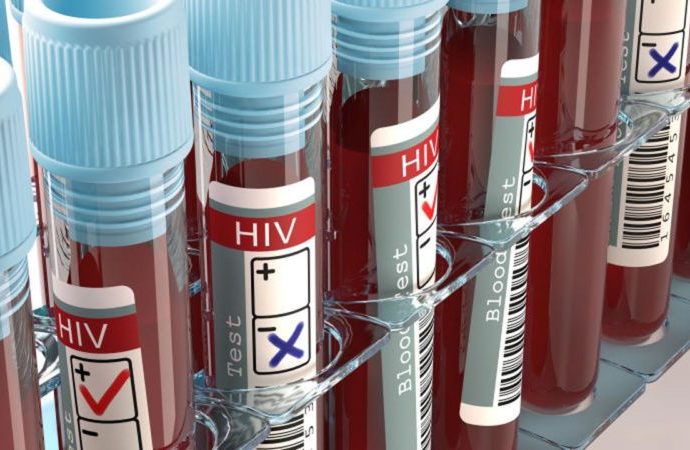Zambia Opposes Condoms Distribution in Schools


The Zambian government said it is opposed to plans by some civil society organisations to distribute condoms in secondary schools, as a way of tackling unwanted pregnancies.
This follows reports in some local media that some civil society organisations involved in reproductive health, plan to start distributing condoms and contraceptives to pupils in secondary schools to curb teenage pregnancies and the spread of sexually transmitted diseases.
Minister of Religious Affairs and National Guidance Godfridah Sumaili said the government is opposed to the distribution of condoms in schools because it is currently battling the problems of early marriages and teen pregnancies.
She told reporters that organisations planning to distribute condoms in schools will not have government support because doing so would be encouraging children to engage in immorality and sex before marriage.
Zambian President Edgar Lungu has been clear about the importance of upholding morals in the country and this was highlighted during his recent address to lawmakers when he called for stakeholders to take leading roles in inculcating high standards of morals in young people.
Stakeholders have since condemned plans to distribute condoms in schools as this may erode morality of pupils.
The Basic Education Teachers of Zambia (BETUZ), one of the teacher unions in the country, said distribution of condoms in schools amounted to indirectly encouraging sexual indulgences among pupils.
Kakunta Kabika, the union’s spokesperson said it is unfortunate that the country’s cultural values were being diluted by modern trends being championed by some civil society groupings.
The distribution of condoms and contraceptives in schools will only arouse indecent curiosity among pupils and lead them into practicing sex, he added.
According to him, instead of distributing condoms and contraceptives to pupils, the organizations should come up with more decent ways of teaching teenagers about sexuality and dangers of sexually transmitted diseases.
The views have also been supported by the National AIDS Council (NAC), a government agency that coordinates HIV/AIDS programs in the country, which believes young people should be equipped with knowledge and behavioral change instead of giving them condoms.
The organization said there is need to promote behavioral change among young people through sensitization programs on sexual reproductive health.
The promotion of comprehensive sexuality education to schools will empower adolescents to be aware of the dangers of indulging in sex.
Some parents in Lusaka, the Zambian capital, have also expressed shock that some organisations would be contemplating the idea of distributing condoms in schools, saying it was a recipe for increased sexual immorality.
“This is unheard of and whoever wants to do this should think twice because it will destroy our children. There are certain things that children are not supposed to be exposed to,” Jane Banda, a 40-year-old civilian said.
Stewart Lungu, a 39-year-old teacher said introducing condoms in schools is not the best solution to tackle teen pregnancies or fight sexually transmitted diseases.
Zambia has one of the highest HIV/AIDS prevalence rates in sub-Saharan Africa with 1.2 million people currently living with the HIV, according to health authorities.
The government has rolled out a number of programmes to tackle the spread of HIV/AIDS, among them the distribution of condoms.
According to figures, unprotected heterosexual sex drives the country’s HIV epidemic, with about 90 percent of new infections recorded as a result of not using a condom.
NAN










